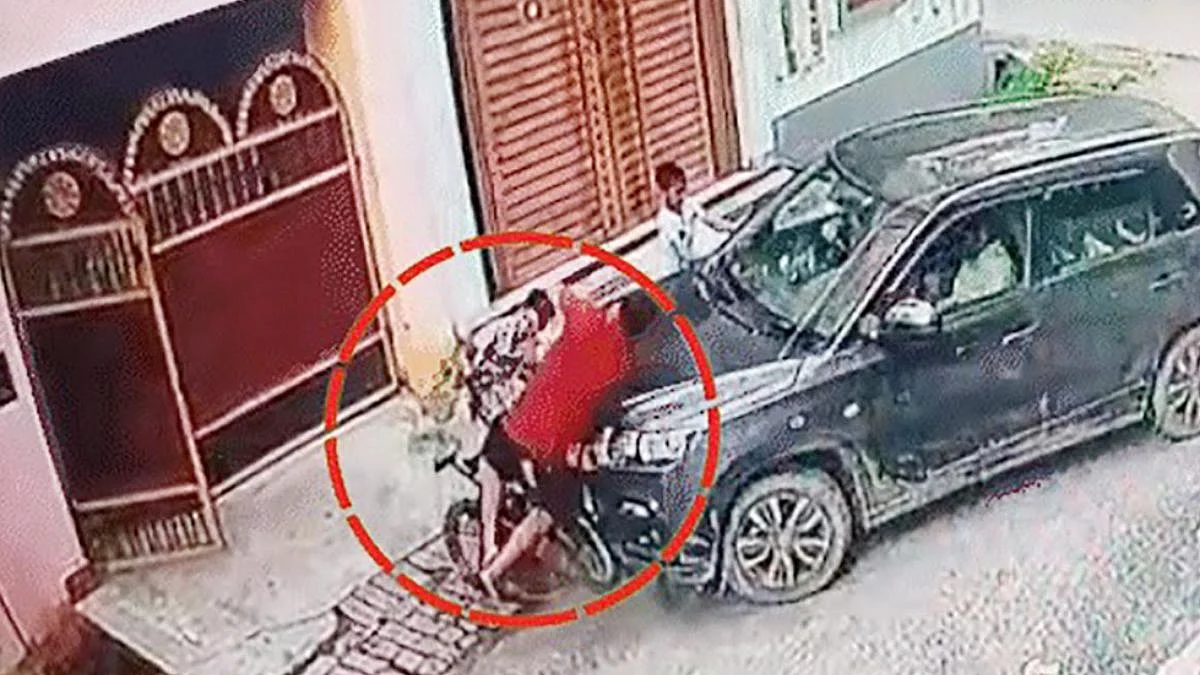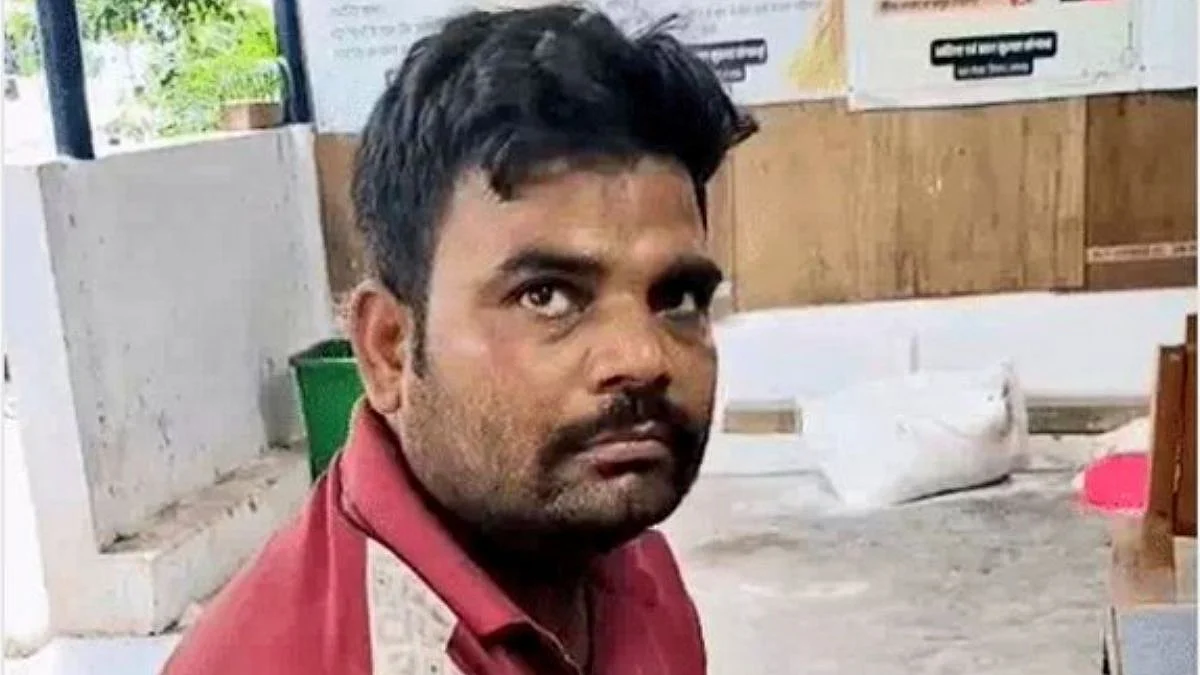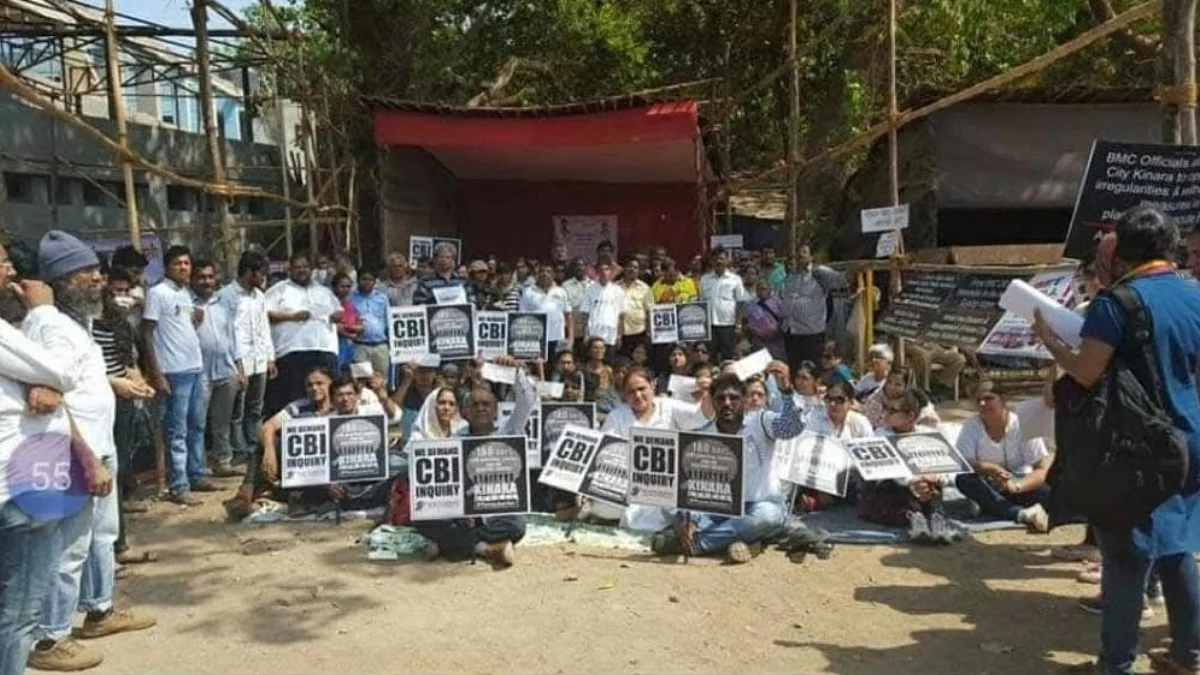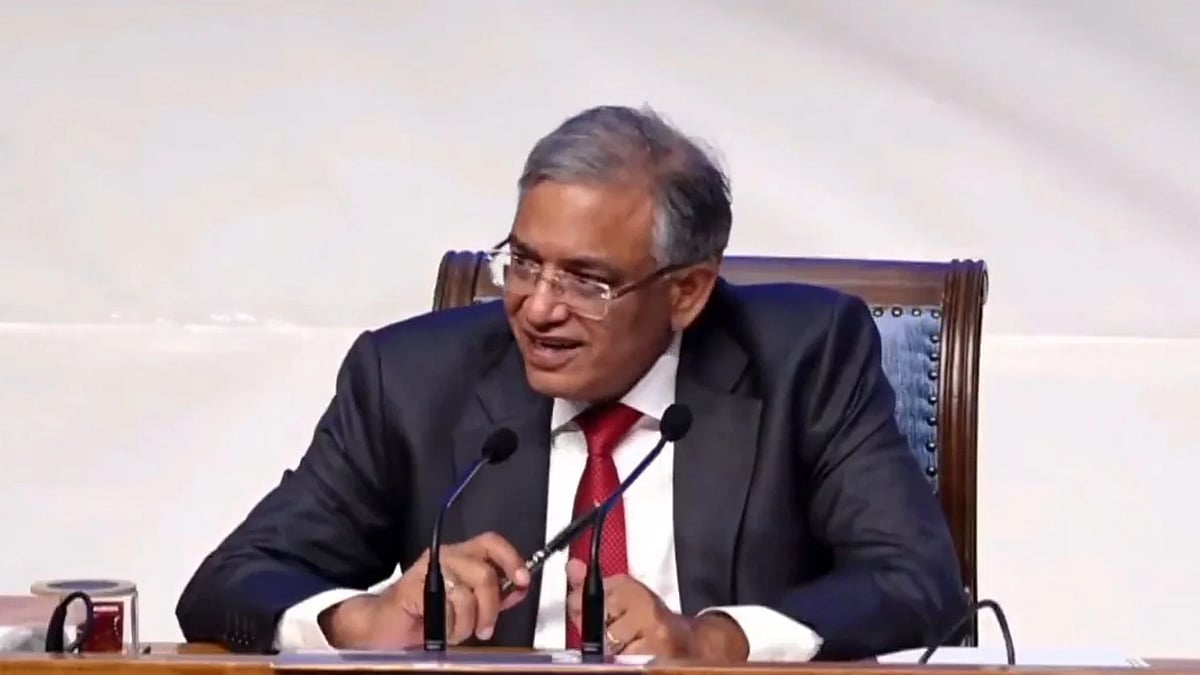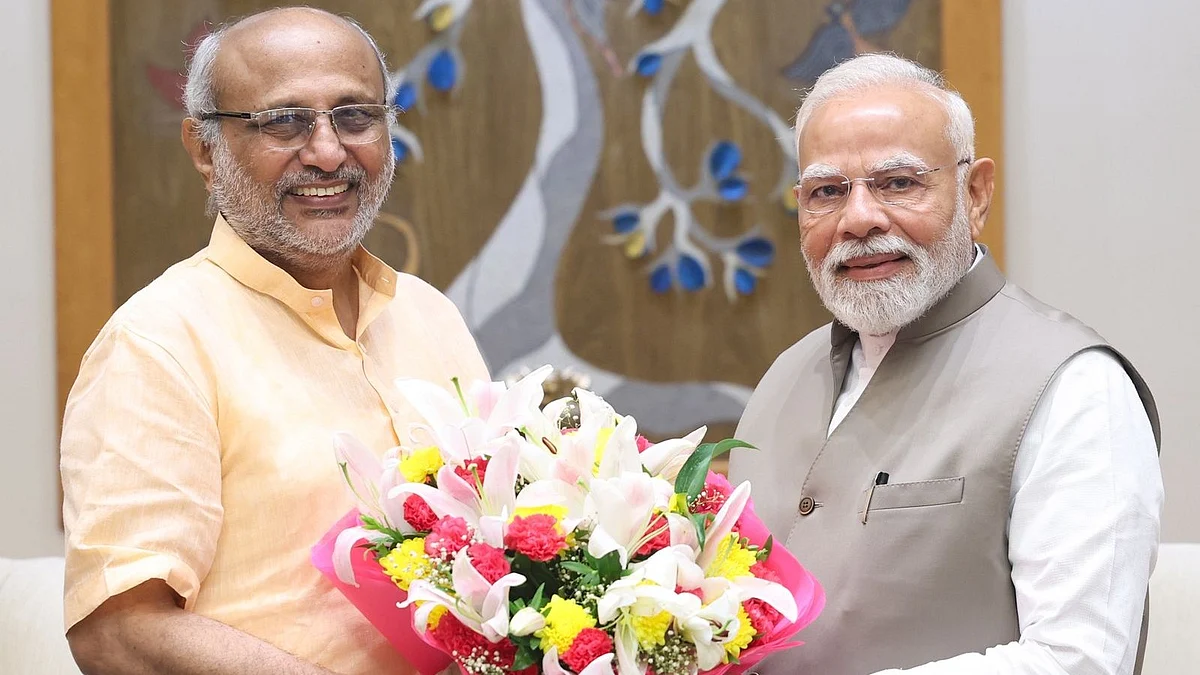In a democracy, people do not just enjoy the freedom to elect the government of their choice, but they also enjoy other freedoms, such as, freedom of speech, freedom of peaceful assembly and freedom of religion. The government elected by the people is bound by constitutional oath to guarantee them enjoyment of other freedoms too.
In recent years, the other freedoms have been denied by the Modi regime in many cases. Peaceful assemblies have been prohibited. Individuals embracing Islam or Christianity are subjected to criminal persecution on the presumption that their choice was influenced by force, fraudulence or allurement. Marriage to a Muslim invites similar persecution.
This column will discuss just one freedom under attack: the freedom of speech. The Preamble to our Constitution guarantees ‘liberty of thought’. Article 19(1)(a) of the Constitution protects freedom of speech. In judgement after judgement, the Supreme Court has held that freedom of speech is a cardinal value of our Constitution and inviolable. Unlike the US Constitution, our Constitution does not give any special protection to the media’s freedom of speech. The media’s freedom of speech is but an extension of the freedom of speech of citizens.
Freedom of speech is not absolute. It is subject to certain conditions. This freedom cannot be used to harm the sovereignty and integrity of India, the security of the State, friendly relations with foreign States and public order; or to incite committing of an offence, promote enmity between religious groups or castes, insult any religion, transgress decency or morality, defame anyone or show contempt of court. These conditions are termed as ‘reasonable restrictions’ by Article 19(2) of the Constitution. These restrictions draw the lakshman rekha citizens or journalists cannot cross in exercising their freedom of speech. If they do, their speech becomes liable for legal action.
The Constitutional guarantee of free speech bars the State from imposing any pre-censorship. The pre-censorship of Indira Gandhi’s Emergency was a distortion of the Constitution. The Constitution is very clear: any legal action with regard to a material can be taken only after it is made public and only if it transgresses the ‘reasonable restrictions’. This is applicable as much to a citizen’s posts on social media platforms such as Facebook or Instagram as to a journalist’s words or images in newspapers and on television or a news website.
The Constitution thus erected two high walls for protecting free speech. One wall stops the state from imposing pre-censorship. The other stops it from curbing free speech unless it crosses the lakshman rekha of ‘reasonable restrictions’.
In recent years, the Modi government has made several attempts to pull down the two walls. As it is Constitutionally barred from imposing pre-censorship, it has done it by indirect means. It has used overt and covert ways — denial of advertisements, raids by central investigative agencies, criminal prosecution — to coerce journalists and citizens into self-censorship. Pre-censorship and self-censorship are but two sides of the same coin: one is head, another tail. In pre-censorship, it is the regime which keeps ‘unfavourable’ material out of public domain. In self-censorship, it is the journalist or the citizen who suppresses material ‘unfavourable’ to the regime out of fear.
The regime has also been using manipulative ways to pull down the wall of ‘reasonable restrictions’. One of its ways is to stretch the scope of ‘reasonable restrictions’ to infinity, as it did in blocking the BBC documentary, ‘India: the Modi Question’. It blocked it on grounds that it transgressed ‘reasonable restrictions’. If you look at the documentary, you will find it did nothing of that sort. It was a film that took an incisive, critical look at Modi’s political career from 2002, when he was the chief minister of Gujarat, till now, when he is Prime Minister. It was a documentary about a big Indian politician and his politics. It had no material that could ‘undermine’ the sovereignty and integrity of India or ‘adversely impact’ India’s friendly relations with foreign countries or public order.
The lengthening shadow of the Modi regime over the media has meant shrinking of space for free speech. The regime is promoting a culture of monologue to replace the democratic culture of open dialogue. The blocking of the BBC documentary was a part of the same political project.
During the farmers’ protests of 2020-21, the government forced Twitter to block accounts of farmers’ leaders, journalists and a newsmagazine on the grounds they had transgressed ‘reasonable restrictions’. The government keeps on regularly asking social media intermediaries to block accounts or take down posts of citizens, journalists and organisations on the same specious grounds.
The government orders to social media intermediaries show a pattern. One, they are overbroad, vague and disproportionate. They provide no credible evidence to show that the user of the platform transgressed any of the ‘reasonable restrictions’.
Two, they deny the users natural justice. The government orders blocking of accounts or take-down of posts without giving the users any opportunity to defend themselves. Social media platforms are like London’s Hyde Park where anybody is free to express their thoughts. It is a place for open dialogue. If anyone transgresses the ‘reasonable restrictions’ in the expression of their thoughts, the State must curb or penalise it, but not without allowing the person to present their side.
Three, they are partial. The government never orders blocking of the accounts or take-down of posts of the users who day in and day out transgress the ‘reasonable restrictions’ by ‘sowing divisions among various Indian communities,’ ‘promoting enmity between religious groups’ and ‘insulting a religion,’ because they promote an agenda that fits into the regime’s political project.
The government is using other means to replace open dialogue with monologue. One is amendments in the Information Technology (Intermediary Guidelines and Digital Media Ethics Code) Rules, 2021 to make the government the final arbiter of blocking of accounts or takedown of posts. The other is to make the Press Information Bureau the arbiter of ‘fake news’ to decide what content can stay on social media platforms. As the regime has shown a pronounced tendency to criminally charge its critics for ‘spreading fake news’, while allowing immunity to the pro-regime online militias for peddling fake news, you can see whose content will disappear and whose will remain.
Arun Sinha is an independent journalist and author

